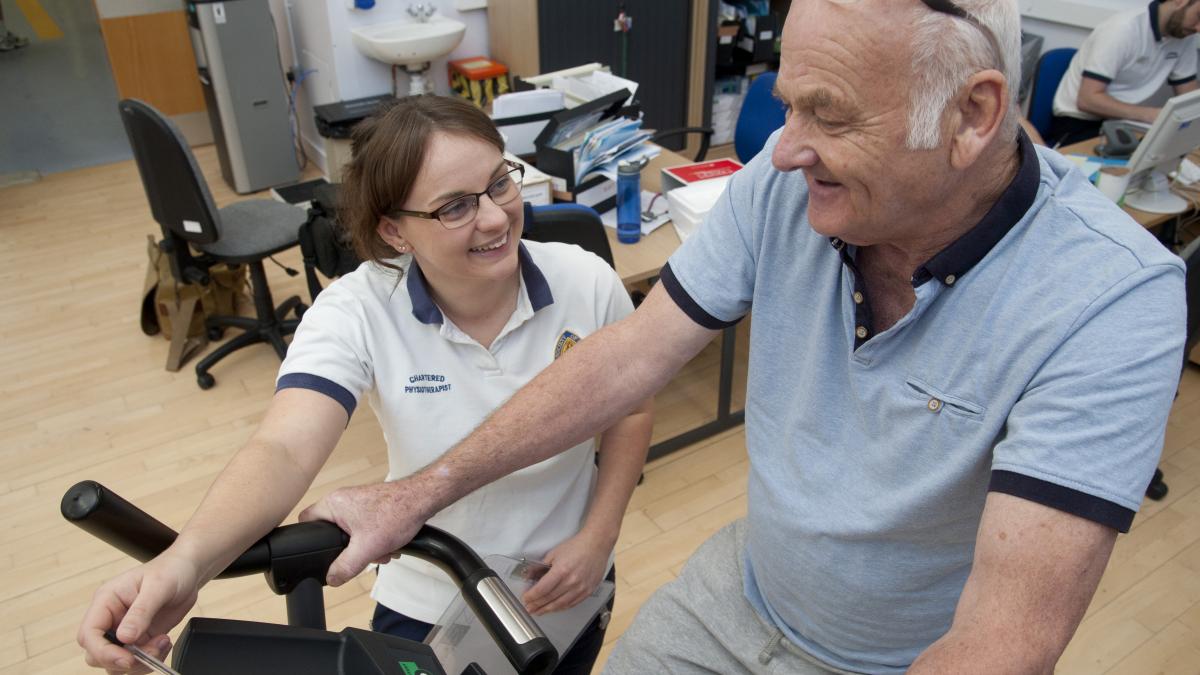The CSP has welcomed a shift towards greater collaboration and integration between healthcare sectors and settings in England, which is outlined in a new Health and Social Care Bill that was introduced to Parliament yesterday.

But the Society is warning that the Bill’s success will depend heavily on the government’s ability to solve the current workforce challenges and staff shortages that exist within the NHS.
The new Bill builds on proposals for legislative change that were previously set out by NHS England in its Long-Term Plan.
Its key measures include plans for:
- The NHS and local government to work together to plan health and care services around the needs of their patients and quickly implement innovative solutions to problems which would normally take years to fix, including moving services out of hospitals and into the community and focusing on preventative healthcare
- The development of a new procurement regime for the NHS and public health procurement, which is informed by public consultation – to reduce bureaucracy on commissioners and providers, and reduce the need for competitive tendering
- A package of measures that will meet specific needs in the social care sector, and use new assurance and data sharing measures to improve oversight and accountability in the delivery of social care services
Claire Sullivan, CSP director of Employment Relations and Union Services, said:
Achieving integration will deliver real benefits for patients
‘The transition to it, however, must be mindful of both the acute staff shortages in many areas and the fact that existing NHS staff are working under greater pressure than at any point in the history of the NHS.
‘The consequent risks of burnout and staff leaving must be avoided.’
Needs-led and person centred care

Brynnen Ririe, CSP’s public affairs lead for England, added that: ‘This Bill outlines a welcome shift away from competition, towards a principle of integration, but as always the devil is in the detail.
‘The planned changes will hopefully enable more integrated health and care in communities to deliver the needs-led and person-centred healthcare that the CSP continues to champion.
But we are disappointed that it contains no reference to the provision of Integrated Care System (ICS) rehab leads at a senior level
'We would also like to see stronger accountability - from the Secretary of State and Parliament, to ICSs - when it comes to workforce planning.’
'It also fails to address the fact that there is an acute need to resolve the significant workforce issues that currently exist across the NHS and social care, as well as the ongoing and vital issue of recovery and rehabilitation from Covid-19.’
Significant reforms

The new Health and Social Care Bill will introduce significant reforms, including:
- The establishment of ICSs (Integrated Care Systems) as statutory bodies and a transfer of duties for commissioning services from CCGs (Clinical Commissioning Groups) to ICSs
- A repeal of Section 75 of the Health and Social Care Act 2012, which will end enforced competition by the automatic tendering of NHS services, thereby reducing bureaucracy
- The encouragement of collaboration and integration at a local level, through a new duty to collaborate. This duty will mean that all health bodies must work together with regard to the health and wellbeing of their local population, the quality of services and the efficiency and sustainable use of resources
- Expanding the powers of the Secretary of State for Health, including increased power to direct NHSE/I, create new NHS Trusts and intervene in local service decision-making
- The introduction of a new duty for the Secretary of State to publish a report on workforce planning every five years.
The new Bill will be debated in Parliament over the next few months before it becomes law.
Number of subscribers: 2



































